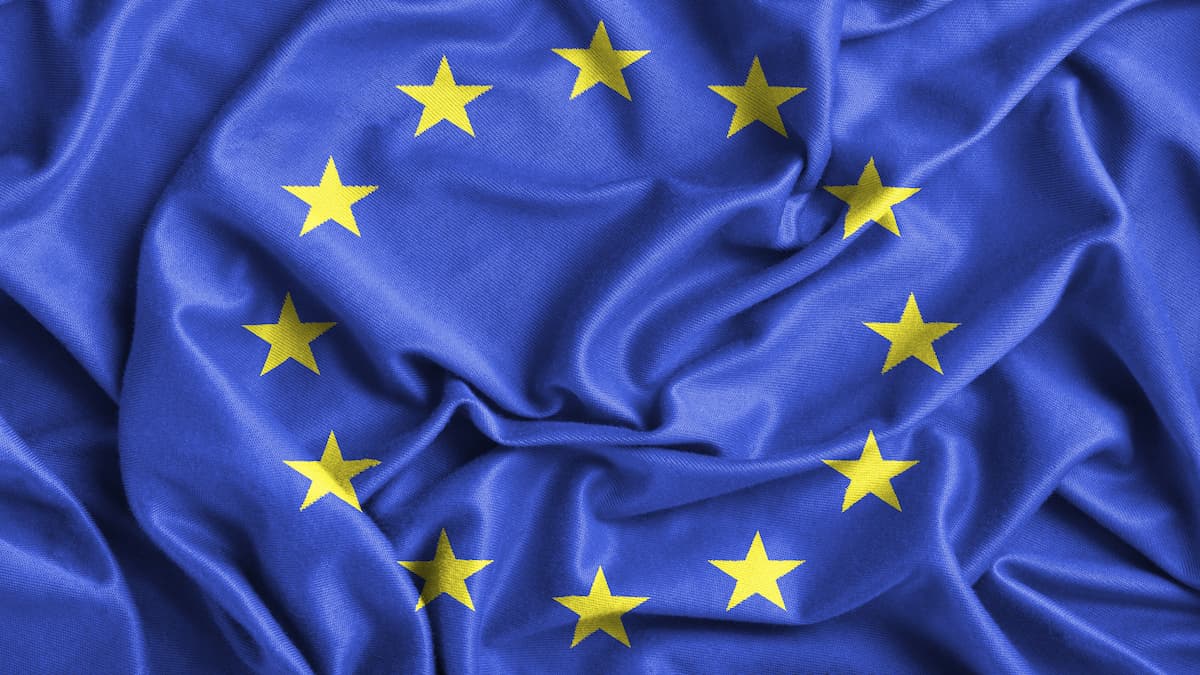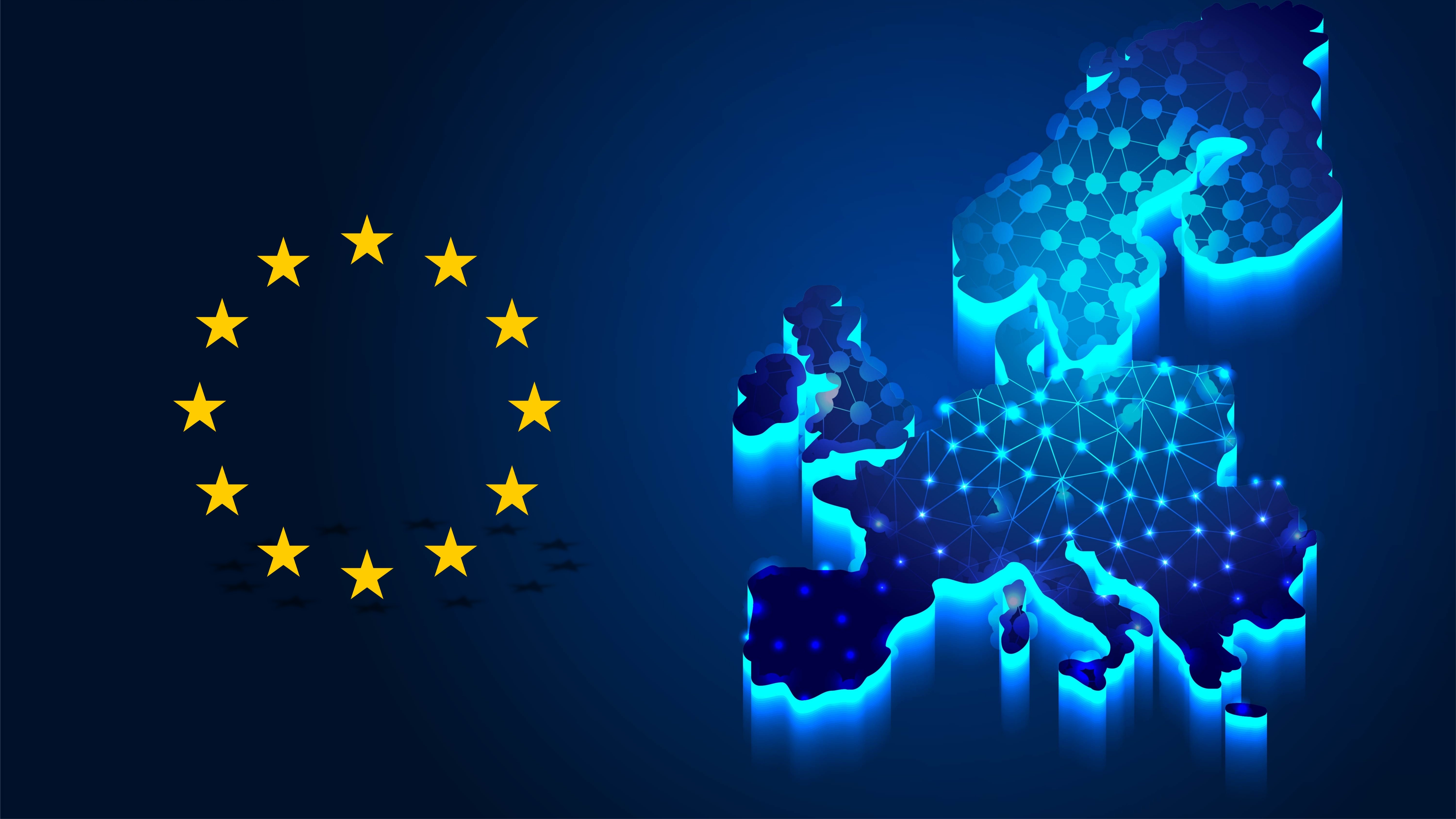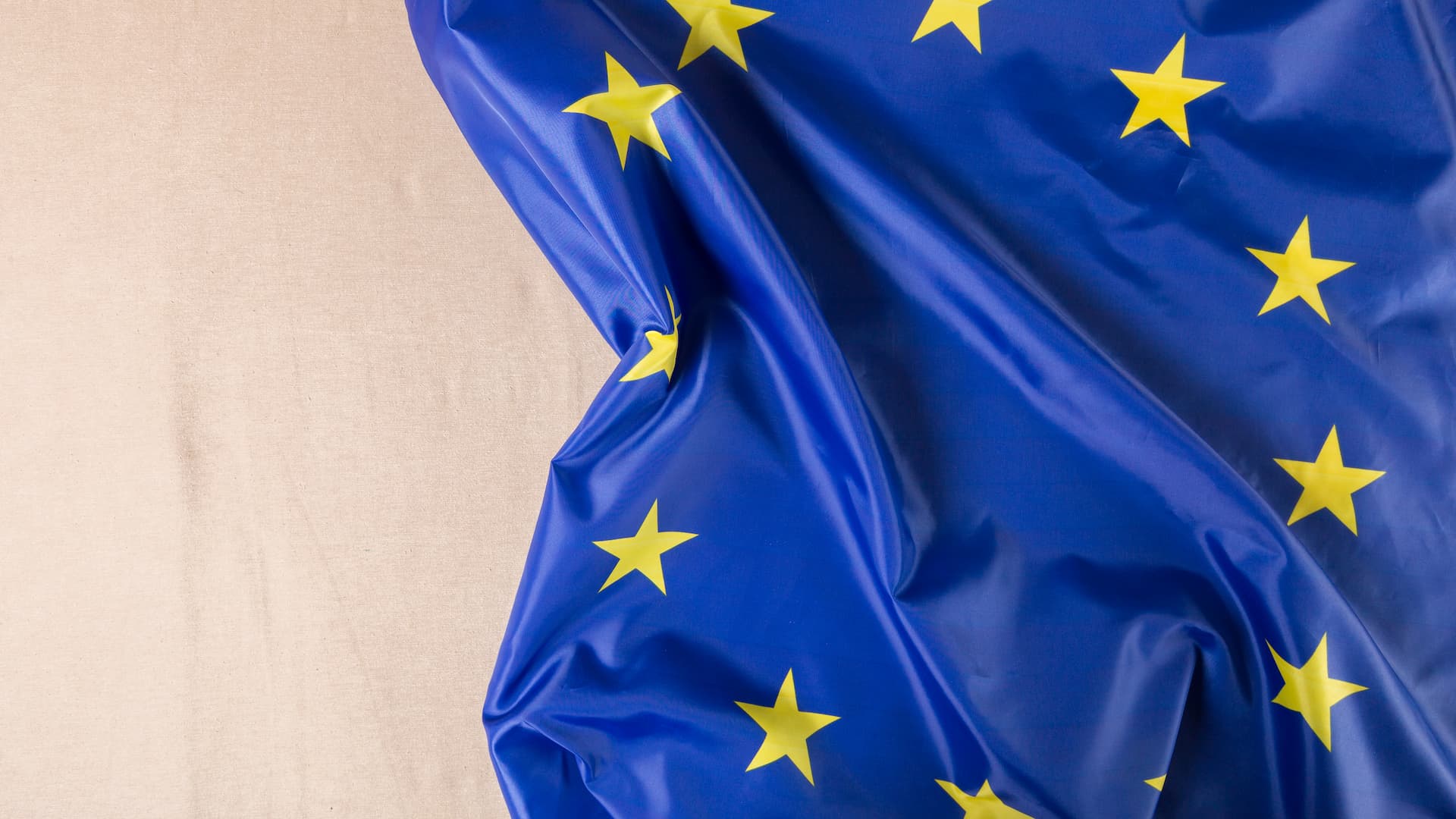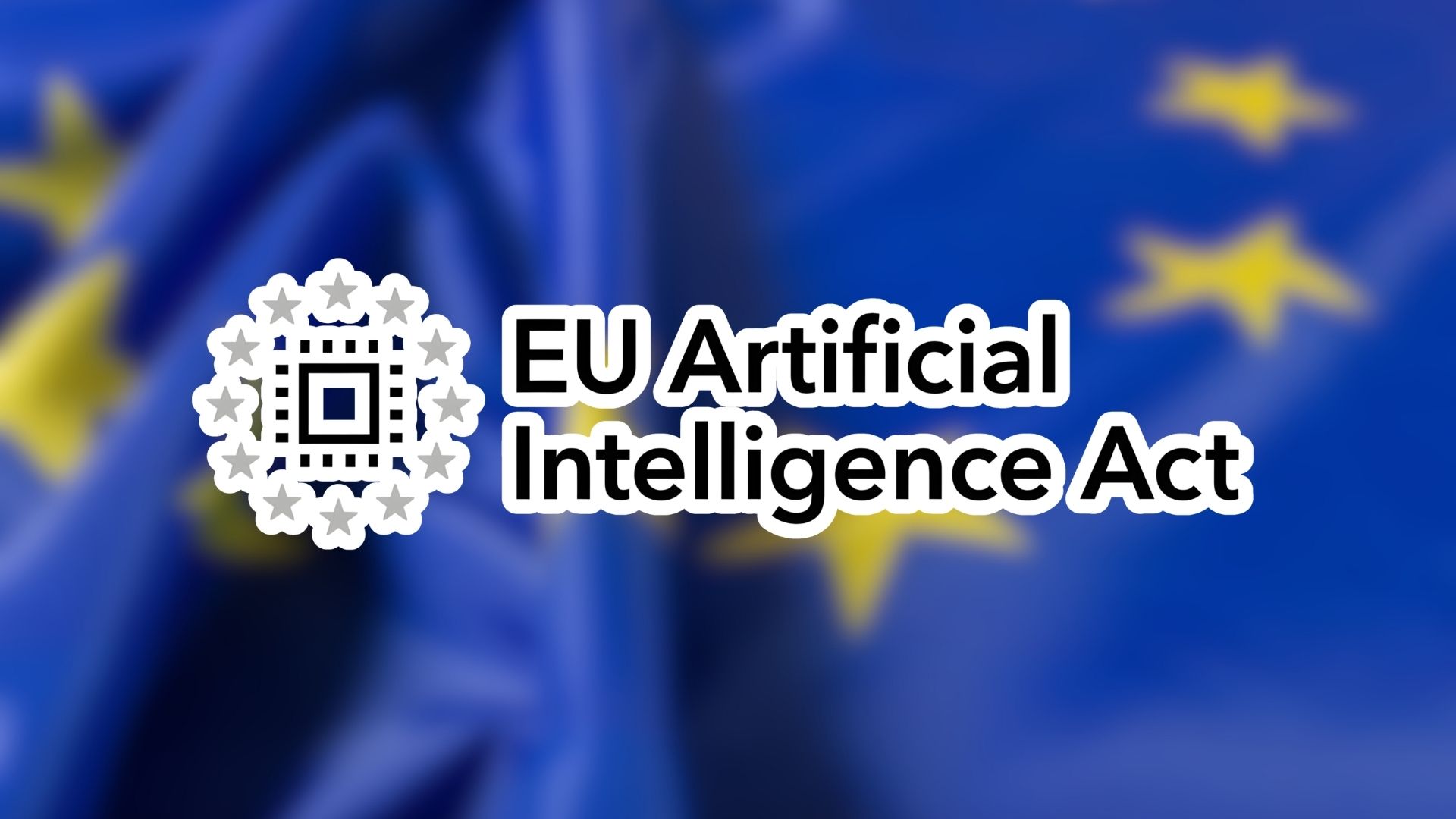The European Commission is preparing more stringent requirements for ageing data centres rather than allowing legacy infrastructure to operate under looser rules.
A draft strategy tied to the EU’s tech sovereignty package signals that older sites will face higher efficiency expectations and stricter sustainability checks as part of an effort to modernise the digital backbone of the EU.
The proposal outlines minimum performance standards for new data centres by 2030, aiming to align the entire sector with the bloc’s climate and resilience goals. Officials want to reduce energy waste and improve monitoring across facilities that have long operated without uniform benchmarks.
The draft points to an expanded role for the Cloud and AI Development Act, which is expected to frame future obligations for cloud providers instead of relying on fragmented national measures.
Brussels sees consistent rules as essential for supporting secure cloud services, AI infrastructure and cross-border digital operations.
The strategy underscores that modernisation is central to the EU’s vision of tech sovereignty. Older centres would need upgrades to maintain compliance, ensuring that Europe’s digital infrastructure remains competitive, efficient and less dependent on external providers.
Would you like to learn more about AI, tech and digital diplomacy? If so, ask our Diplo chatbot!









